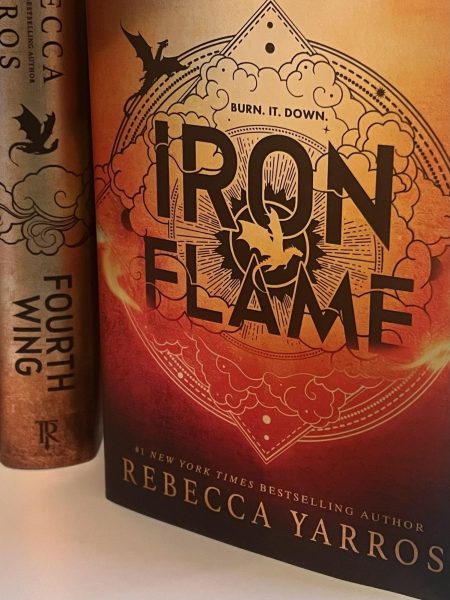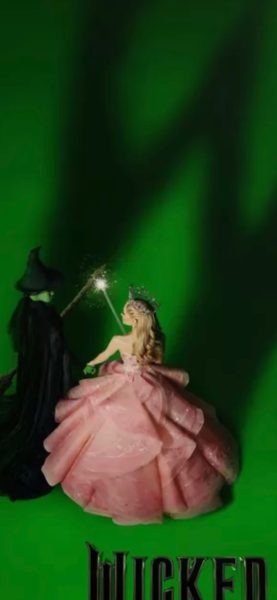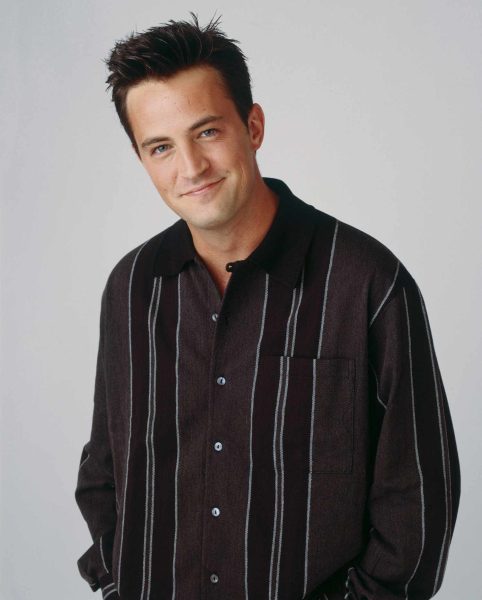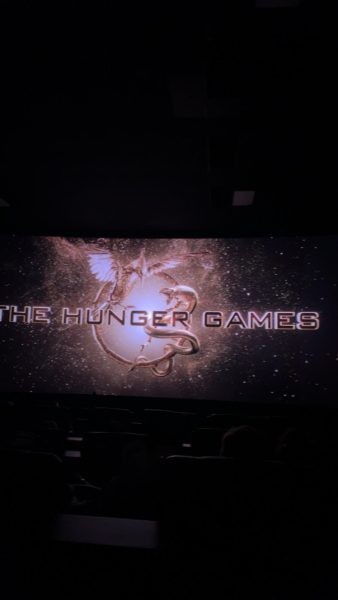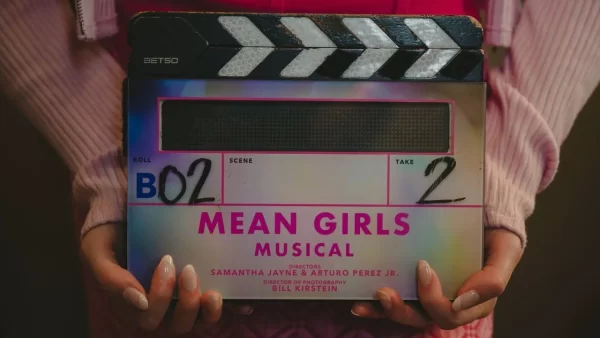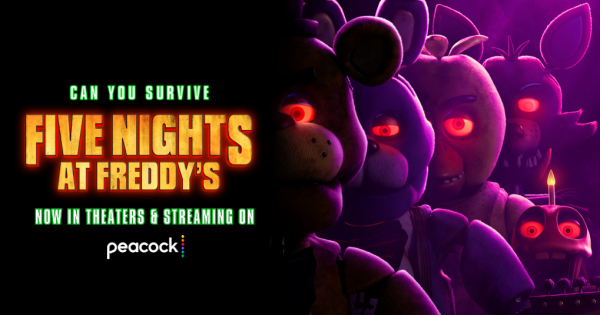“The Good Place” promotes deeper thought
Morality is an important factor in social and cultural discourse; or rather, the conflict of morality is a key element of debate, especially in our modern world. Oftentimes, however, it is difficult to find a venue in which to discuss personal virtues and beliefs. Such an opportunity present itself through the passive nature of television. “The Good Place”, an NBC sitcom currently airing its third season, poses probing political and moral questions while the characters endeavor to improve their behavior in hopes of gaining entrance into the post-life Good Place, akin to conventional views of Heaven.
It is rather difficult to discuss the major characteristics of the show without divulging spoilers, but I will try my best. When main characters Eleanor (Kristen Bell), Chidi (William Jackson Harper), Tahani (Jameela Jamil), and Jason (Manny Jacinto), try to gain the moral high ground to ensure a happy afterlife, they are met with a multitude of difficulties. But their primary struggle is overcoming their own personal demons.
The characters all have distinct personalities: they are not easy to imprint upon, but very easy to identify with. By this, I mean that the characters’ actions are so unbelievable that it is difficult to put oneself in their shoes, but their personalities and flaws often resonate with the audience. I believe this is what makes the show more attractive. When watching a show, if the audience becomes too attached to the plot or a character, it often seems that the screenwriters pander the season’s plot to the audience’s desires. “The Good Place” is a rare breed. The main protagonist, Eleanor Shellstrop is, objectively, a terrible person– at least at the beginning of the show, and the screenwriters keep her this way for the time being.
She is rude towards others, sells drugs via telemarketing, dismisses the feelings of others, litters, and, her true crime–she lets an innocent puppy die when she goes to Vegas instead of dog sitting, which she had promised her friend to do. Despite this, we empathize: she is a humorous character, and her flaws trace back to an unloved childhood. But in many ways, Eleanor is a character we don’t want to associate with or imprint upon.
This is what makes the show worth watching. The antics of her fellow ne’er-do-wells as well as herself allow the audience to see what ways they can change their behavior to become better people. Chidi is a professor of moral philosophy, constantly debating the morality of each and every decision he makes. Should he obey the rules of moral particularism or the Kantian school of thought? Chidi’s indecision is toxic and not only affects him, but those around him.
Tahani is a rich, well-off woman, whose own morality seems solid through her continued philanthropic efforts. It becomes clear soon, though, that her heart was never in the right place. All of her charitable deeds were undermined by her desire to earn attention from them and her need to outshine her older sister.
Jason, ignorant and uninformed, hasn’t made many malicious transgressions. In the typical witty form of the show, he is condemnable because he is a Jacksonville, Florida native and makes a mean Molotov cocktail.
While these characters don’t seem to fit well with one another in any way, they are all bonded by their desires to become better people. And despite their unbelievable life stories, they are firmly rooted in our reality, as they are all struggling people. While we enjoy their suffering for the sake of enjoyment, it is possible to do more than passively watch the show: you can actually learn something from it.
And with that, here comes the trolley. Or, rather, the “trolley problem.” Imagine you are the sole operator of a switch-track on a railway intersection. There are two trains headed toward collision, where 500 passengers would die in the crash. On the other track is a single railway worker. If you pull you switch-track lever, you will save 500 people at the expense of one life. What do you do?
Moral conundrums such as these are discussed at length in the show, where the characters decide what they would do in certain situations and how to use these moral tools to help themselves in everyday life. While moral philosophy may not be interesting to all, it becomes very accessible to the casual viewer of “The Good Place.”
While characters in the show navigate their moral dilemmas, the audience does the same. In our society, which becomes more divisible by the day, it is increasingly more important to recognize what is appropriate action and what is not. Even a basic philosophical understanding is helpful in navigating our own moral dilemmas and social interactions.
For your weekly dose of moral philosophy, watch NBC’s “The Good Place” at 8:30 pm or binge the first and second seasons on Netflix. Catch up on season three at nbc.com for free streaming.



